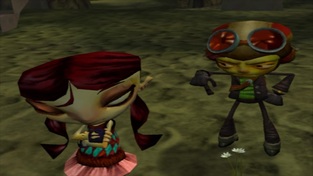 Is there a magic romance spell? Is there a magic romance spell? Raz wants desperately to become a Psychonaut. He snuck away from his circus-based home to go to camp to get the opportunity he has been dreaming of. He has one week to learn everything he can about psychic powers, and he won't let any major crisis get in the way.
1. Gameplay
I have a lot of friends who love this game. After playing Costume Quest and really enjoying its simple, easy to understand gameplay and story, I had pretty high expectations for this game. Unfortunately, this game didn’t quite meet that. I knew this game would be meant for a younger audience, but I couldn’t recommend this to younger gamers because of the absurd difficulty level. Before I either leave you completely confused or silently mocking me for my inability to quickly and easily grasp a platformer meant for children, read my “Frustration Factor” section. I went into detail about parts where this game was over the top. On its face, this game is simple. You’re a kid at a special summer camp for potentially psychic students. You spend a few days earning merit badges and learning new powers, which you use to figure out why the camp is under attack and who is doing the attacking. It had some really fun sections. I liked the rolling ball race section, I liked the interactions between the characters, and I liked the matador / painting level. But those were overshadowed by the times that I was left frustrated. The underwater level had a terrible camera angle, the weird big-brother level had some problems with gravity, and the final boss battle was close to impossible. I’m hoping that the next Tim Schafer game will be a little more forgiving. I liked the platformer elements to this game and the psychic powers, but I enjoyed Costume Quest a lot more. If you’re looking for a game suitable for children, I’d pick that one up first.
It took me around 11 hours to complete the campaign, but towards the end it was feeling pretty long. The levels got a bit repetitive and the final boss was absurdly difficult. I did miss a number of collectibles and other items that some gamers might be willing to search for, but I have little motivation to retry this game from the beginning. With no other game modes, the replay value of this game is extremely limited.
For a game that looks and feels like it should be for children, this game and some extremely frustrating moments. There were plenty of times when puzzles became very difficult, controls were particularly awkward, and forward progress was halted by my inability to figure out exactly what to do. This was especially true for the final level, which was so difficult I nearly gave up completely. I believe that the developers knew how difficult this sequence was because, on Steam, that level has the achievement named “I thought that was unbeatable!” And it’s true, at times I thought the level was designed so that I would lose in order to forward the story somehow. But no, the boss was meant to be defeated, but it could only be done in a way that was completely counterintuitive. The problems really came down to the fact that the game didn’t really bother explaining certain elements very well. For example, the dousing rod that players can buy is vitally necessary for finishing the game, but that’s never really explained. It’s also never explained how to use it properly. It was a minor thing that forced me to look up the specifics online, which I should never have to do in a kid’s game.
Violence in this game is extremely mild. When the player does engage in combat, it will be with very simple animations and colorful effects. The player can punch enemies, zap them with a mind ray, or throw objects at them with telekinesis. There is never any blood. The most violent attack the player will have is “pyrokinesis”, which allows the player to light enemies on fire. The fire consumes them and they run around for a while, but that’s it. Overall this is an extremely nonviolent game. While the player will have to beat up a few censors and bosses, most of the time the player will be looking for objects or jumping from platform to platform.
Sexuality is not a factor in this game.
Substances in this game are hardly ever seen. There are only two notable examples of substance use in the game. One of the teachers can be seen holding an unlit cigarette at times. Two other surprisingly mischievous students can sometimes be seen making some sort of poison (the purpose of which is never revealed). I do not consider the brain fluff candy and various energy orbs to be substances. They are simply pure energy of certain forms and are not “consumed” in any traditional way. The health orbs are little blue balls.
Gambling is not a factor in this game.
There are no modding tools available for this game.
Religion is not a factor in this game.
There is no law enforcement in this game.
There is no online game mode for this game.
This game is a platformer, so the character will be jumping from floating platform to floating platform plenty of times in this game. While there are a few times when “extreme sports” gets slightly more intense than that, floating around on a magical ball and jumping absurd heights are going to be the most common elements in this category. There are a few sections when the extreme sports goes up slightly, but it’s never something that requires serious consideration. There’s a level where the player has to race while rolling on a ball, a section where the player has to avoid a rampaging bull, and a few instances where the player will have to fight a few luchadores in wrestling events.
Magic is a pivotal part of this game. Almost everything the player does will involve magic of some sort. Even double jumping will have the player bounce off a magical orb so that he can get higher into the air. The player will have the ability to use various magical powers. There are about 10 different powers that the player can use. The game will require to make use out of all of the powers at some point in the campaign. Without magic, this game would not work. While the ritual element that usually accompanies magic is notably absent, the premise of the game is that kids go to a summer camp to train to be psychic soldiers. So it should not be a surprise to anyone that magic is involved.
Human Disfigurement All of the characters in this game will be disfigured in a cartoonish way. But there are some more notable examples that are worth mentioning. For example, in one level the player has to fight an extremely buff and disfigured “censor”. The final battle involves the player fighting against the main character’s father and another enemy. In this sequence, the father is a twisted, evil version of the actual character.
0 Comments
Leave a Reply. |
Like what we do? Want to see more? Donate to the site using the button below!
Not sure what a term means? Read the definitions!
Not sure what a review section is about? Find out more information!
|
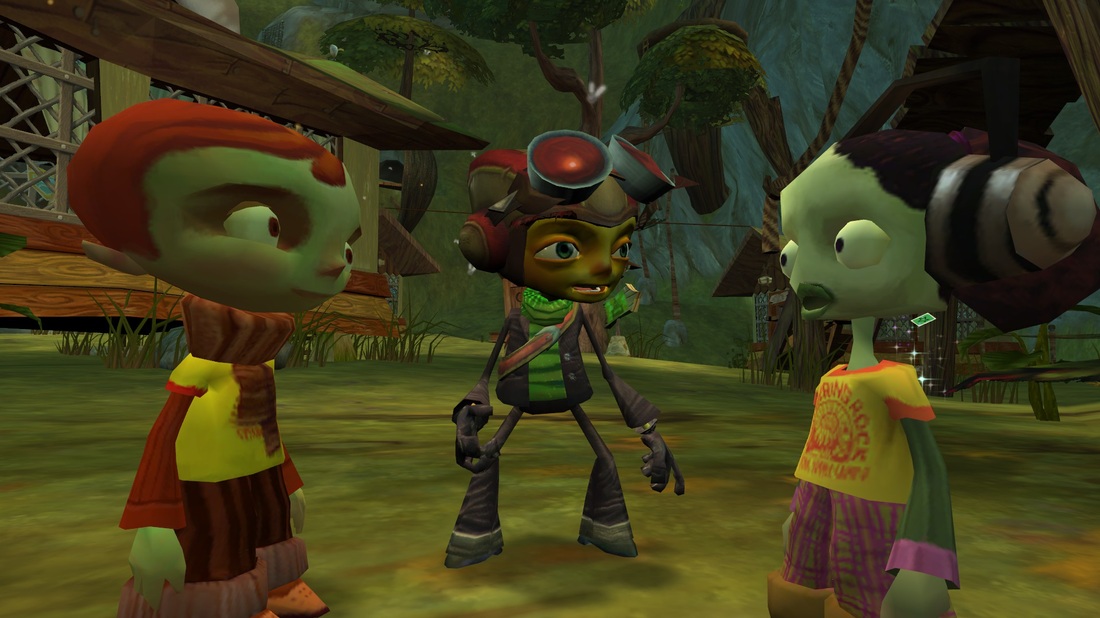
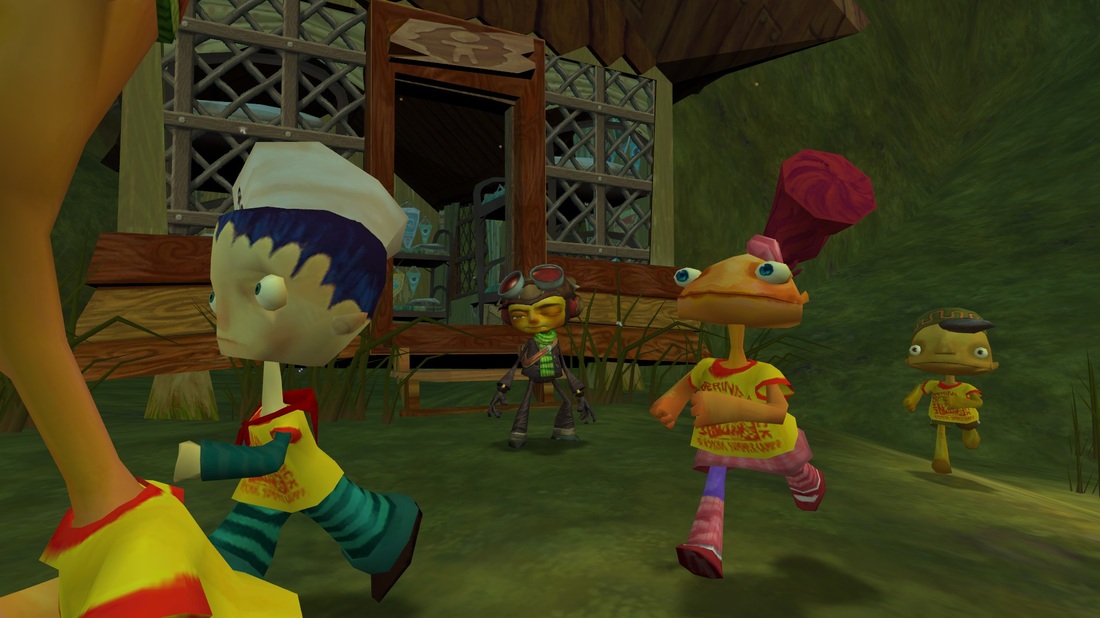
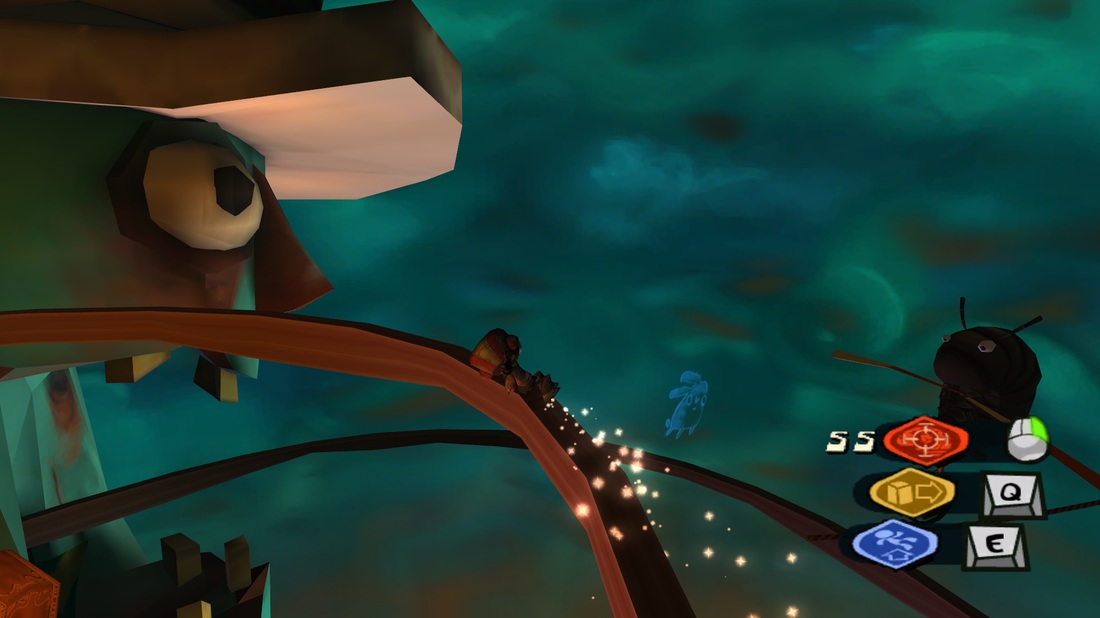
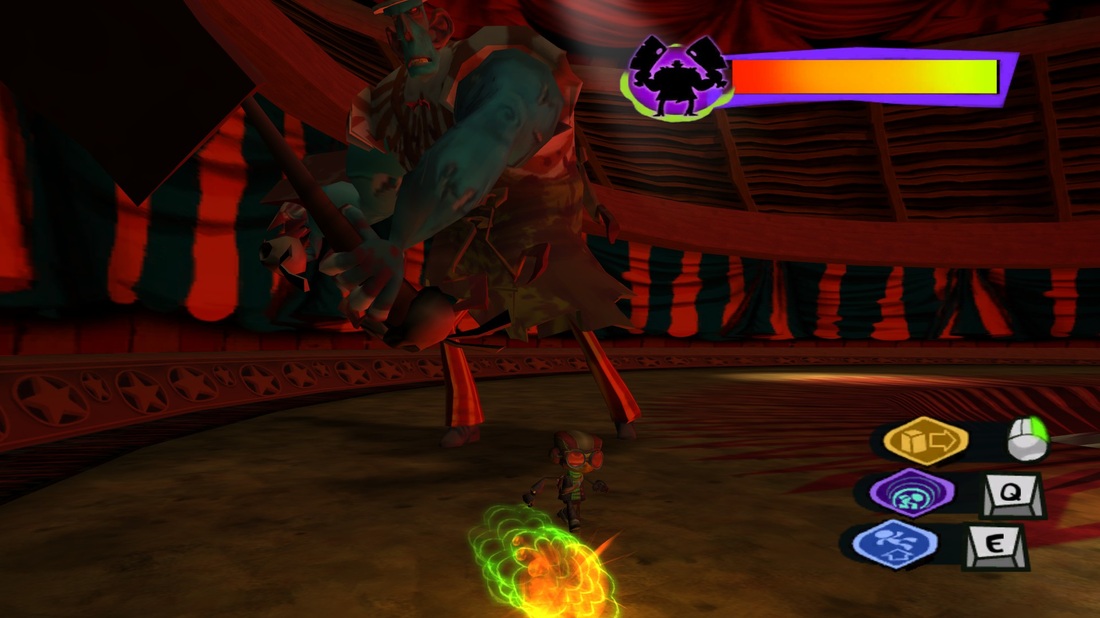
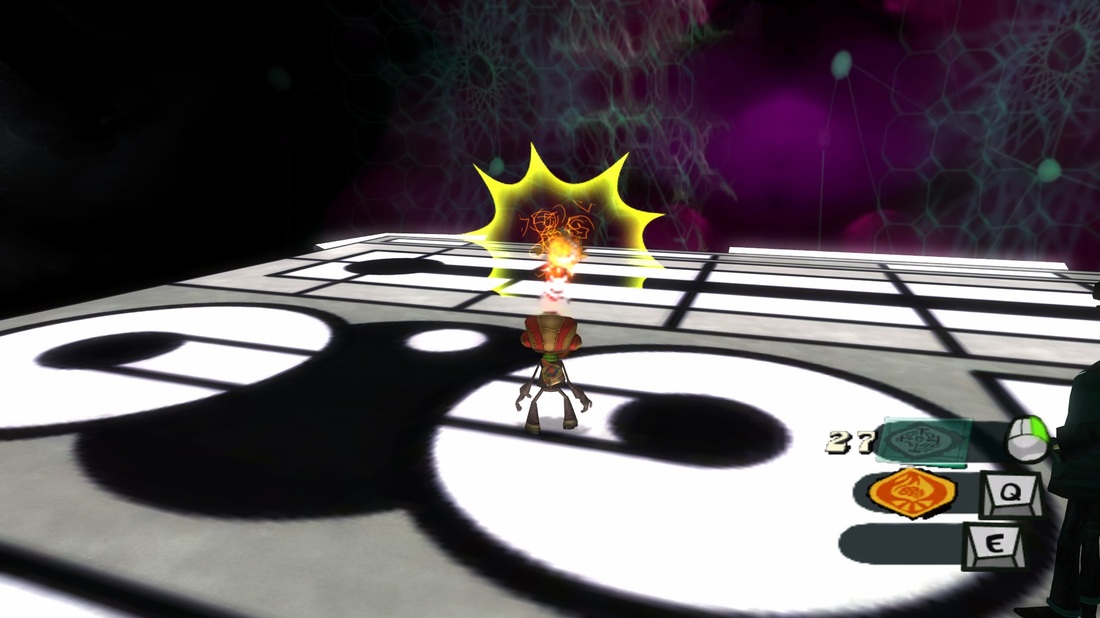
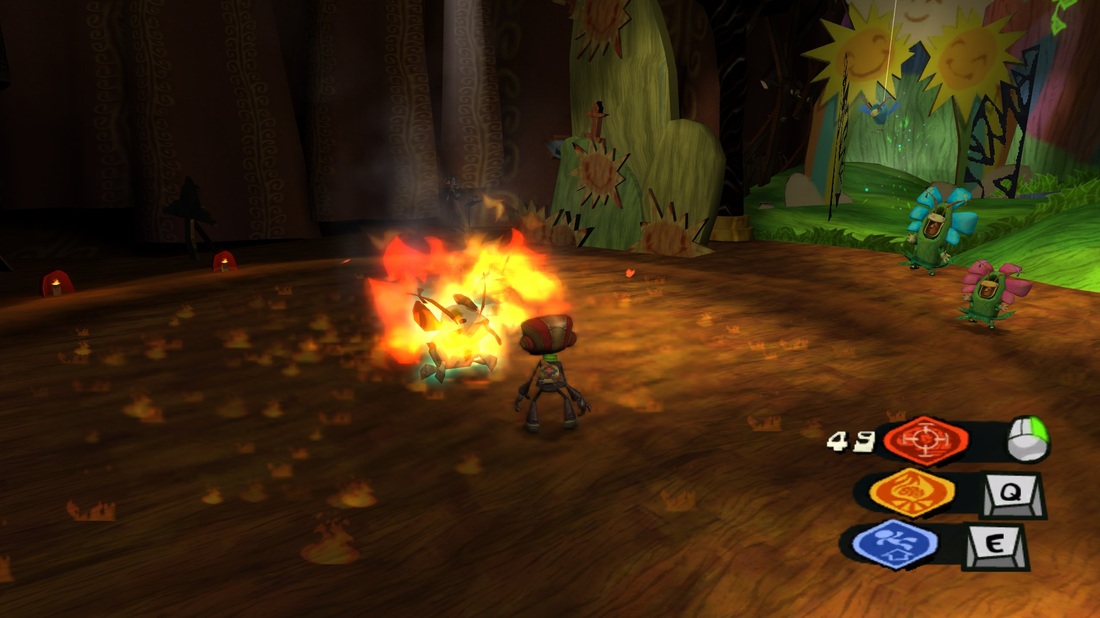
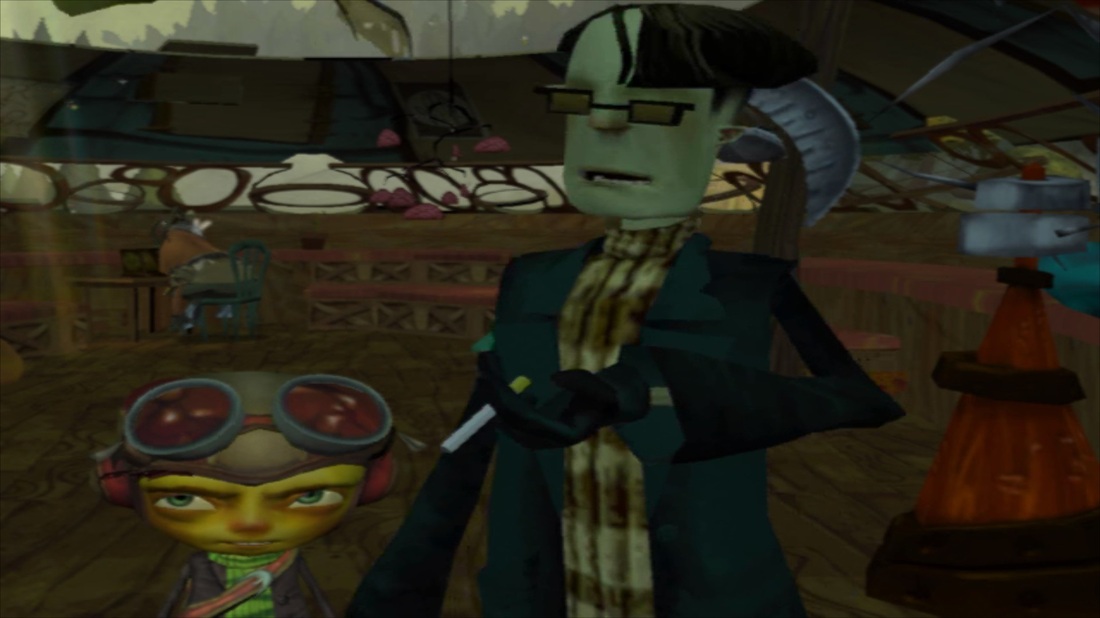
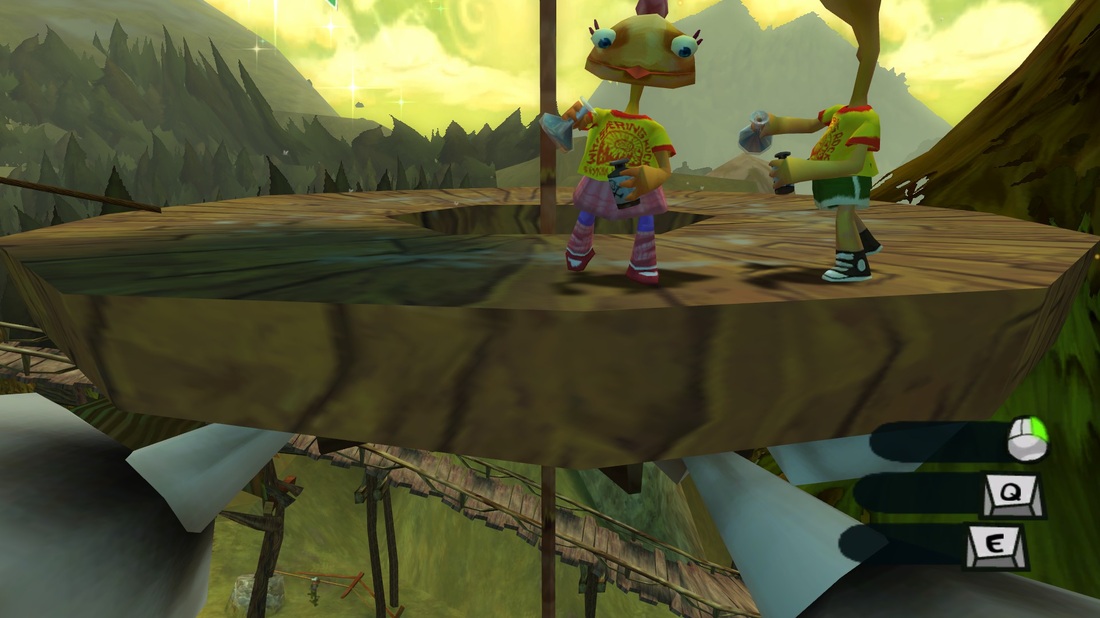
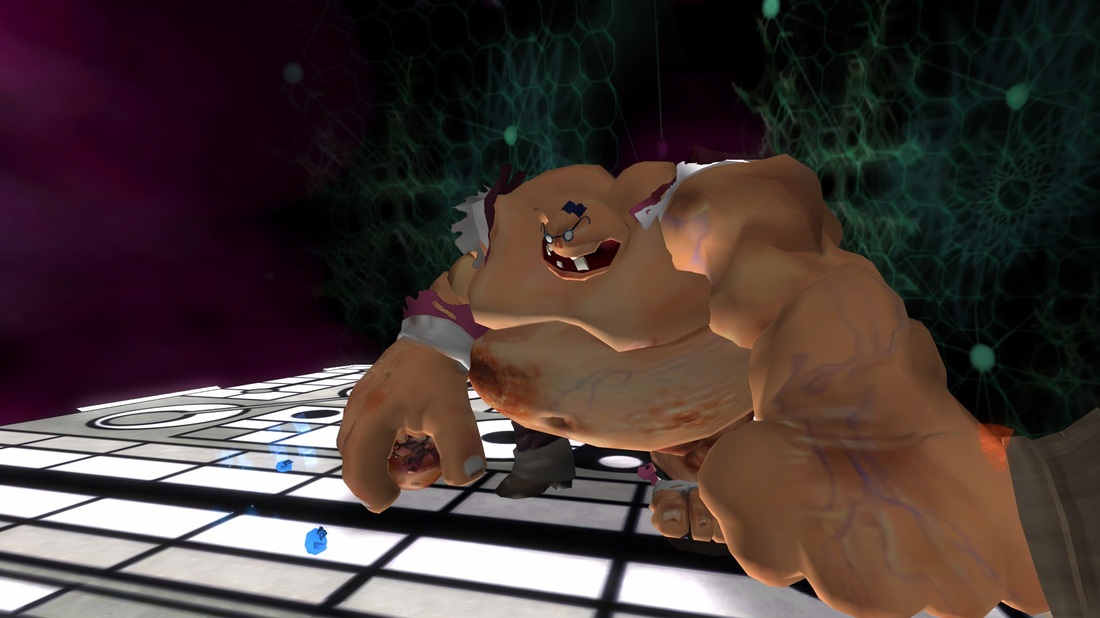
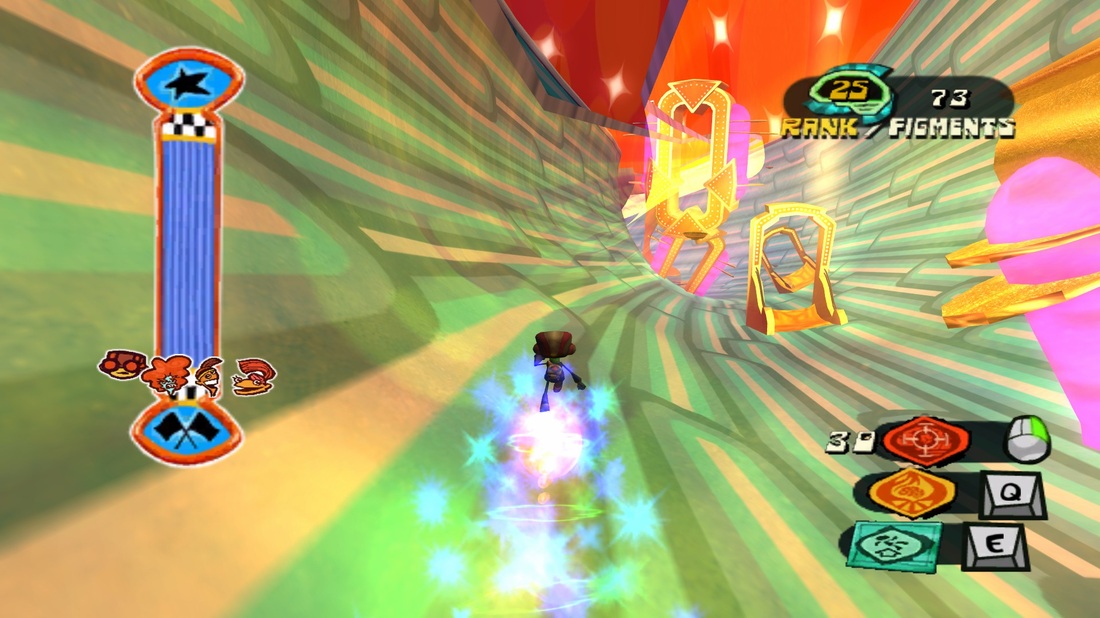
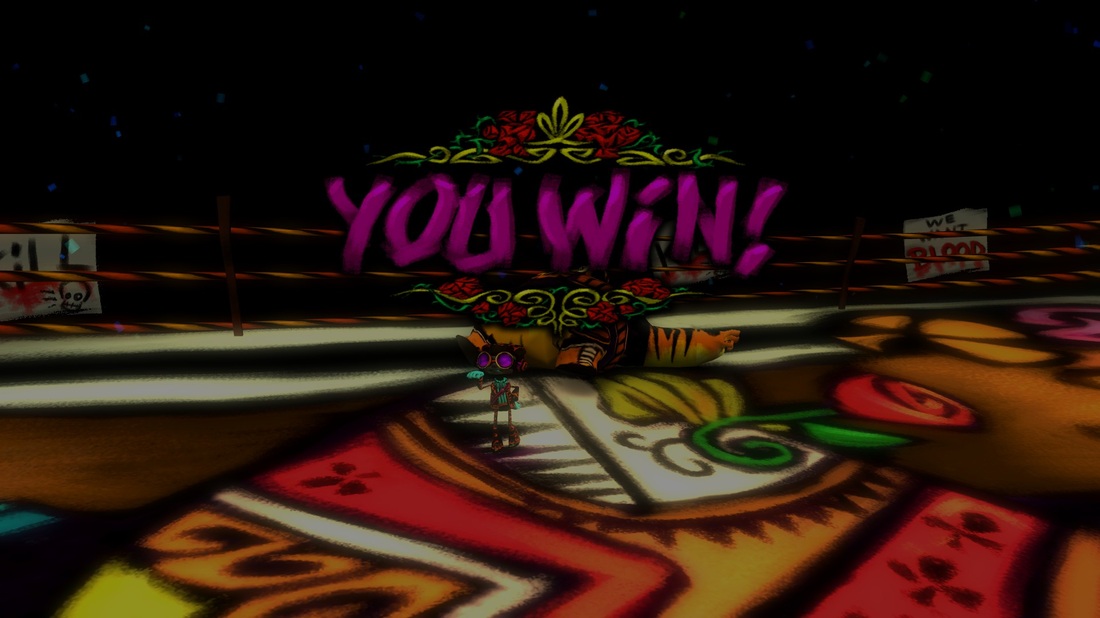
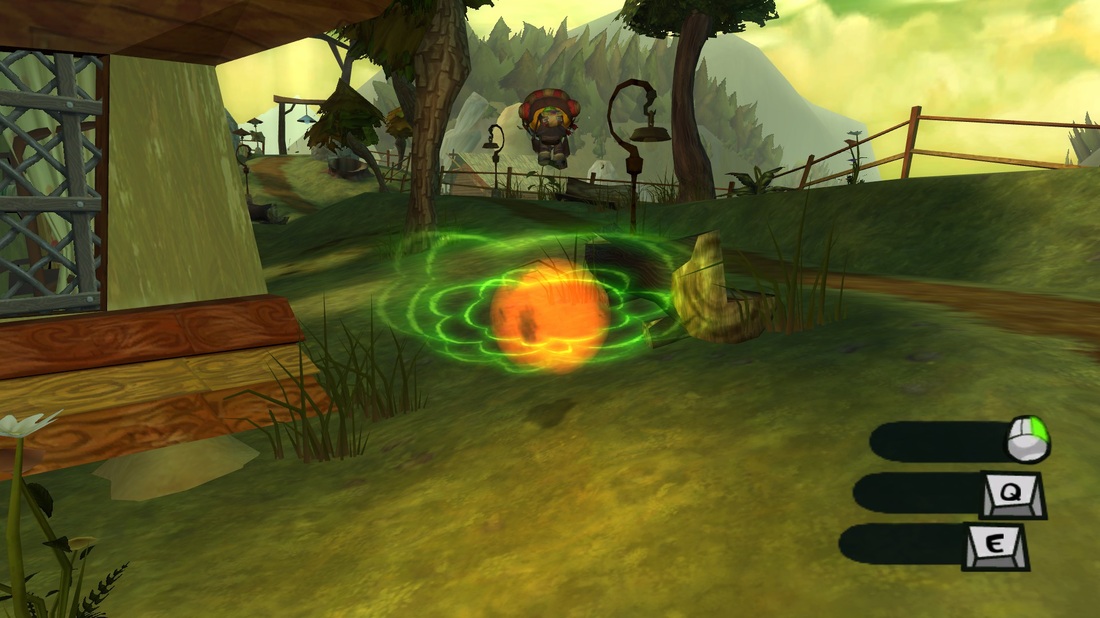
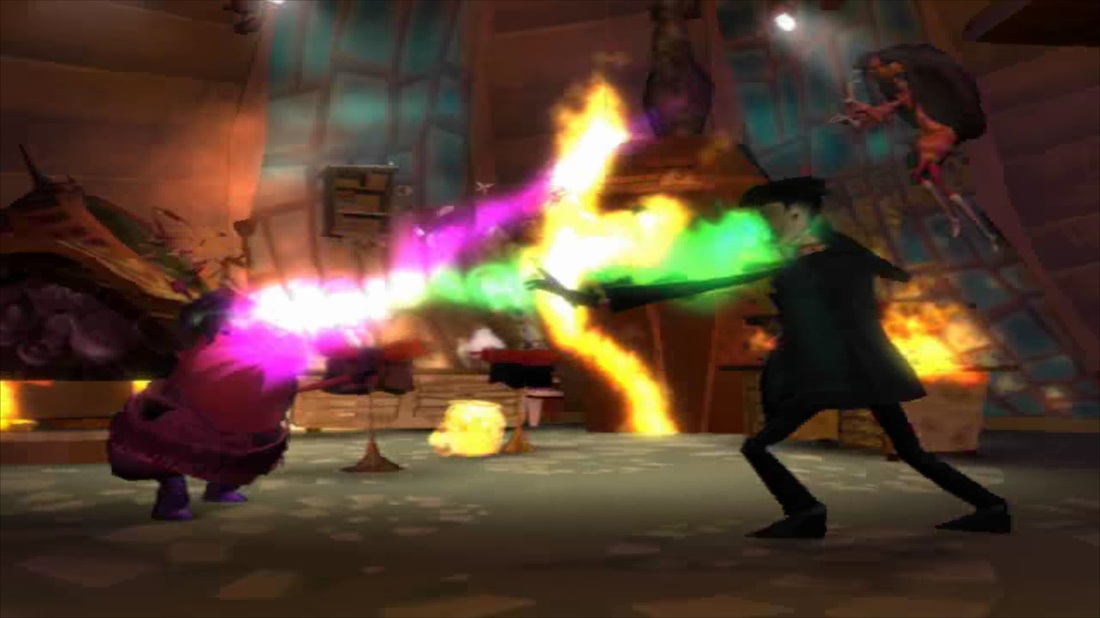
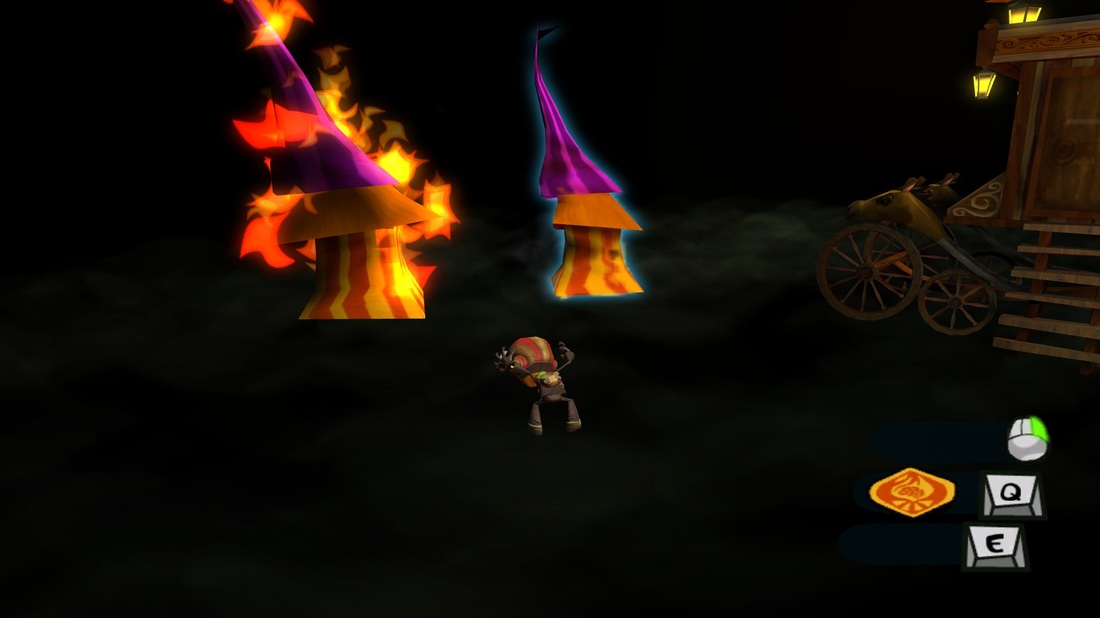
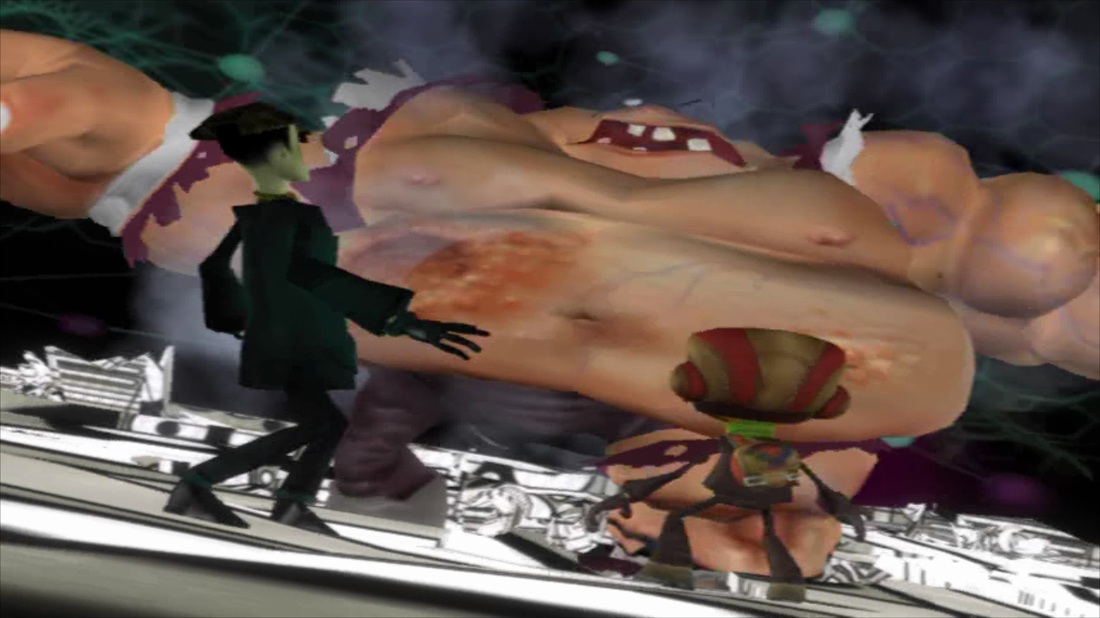
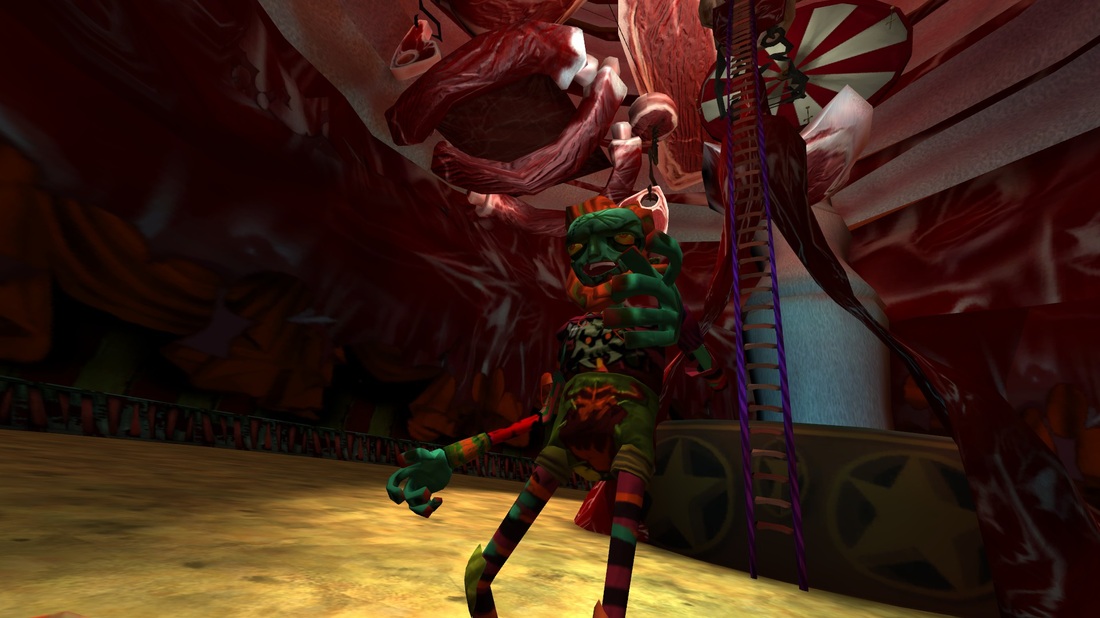
 RSS Feed
RSS Feed